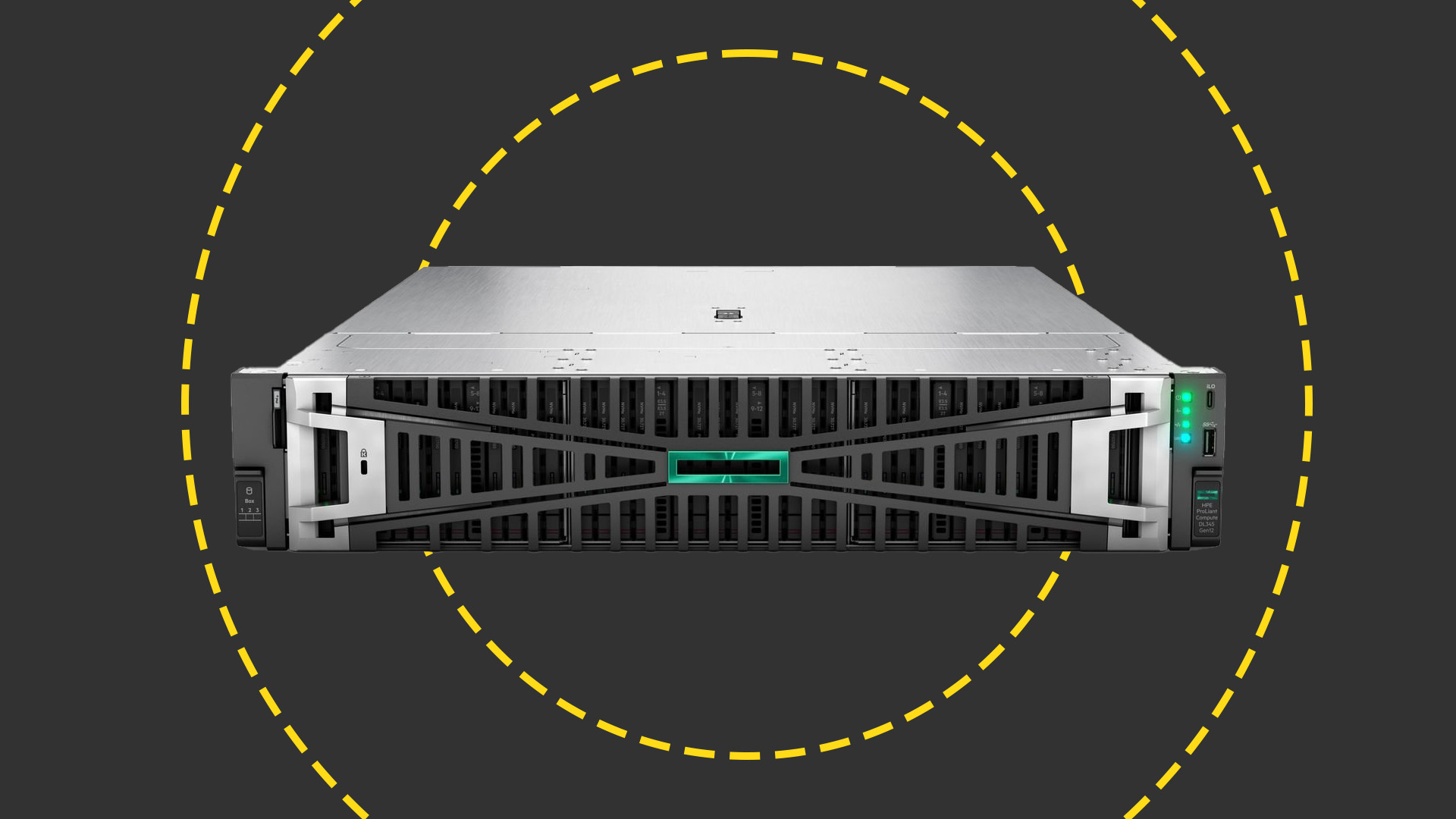Huawei sells undersea cable business and loses market share to Nokia
The Chinese firm has announced the first sale of a business asset since the trade ban


Sign up today and you will receive a free copy of our Future Focus 2025 report - the leading guidance on AI, cybersecurity and other IT challenges as per 700+ senior executives
You are now subscribed
Your newsletter sign-up was successful
Huawei has confirmed that it plans to sell its undersea telecoms cable business, the first sale of a major company asset since a trade ban was enforced by the US two weeks ago.
Hengtong Optic-Electric has agreed to buy a 51% stake in Huawei Marine, the underwater cable business launched in 2008 by Huawei, according to a letter of intent filed with the Shanghai Stock Exchange which didn't detail a price, Reuters has reported.
Hengtong Group claims to be China's biggest fibre-optic network provider and has also laid more than 10,000 kilometres of undersea cable in countries such as Chile, Bolivia and Mexico.
Huawei has been accused by the US of potentially colluding with the Chinese state and using its telecoms equipment to facilitate a state-sponsored cyber espionage program, but the emphasis has largely been placed on its mobile network infrastructure.
Despite this, US officials have also said their security concerns extend to Huawei Marine and its undersea cables. Huawei has categorically denied the accusations brought against it, saying that it would never comply with a cyber espionage order from the country out of which it's based.
Huawei has slowly gained more market share of the undersea cable market since the launch of the joint venture with Britain's Global Marine. The US, Japan and Europe occupy most of the remaining market share.
Huawei Marine became the first company to connect Africa with South America in September 2018 with a 6,000 km cable. The company has laid more than 50,000 kilometres of undersea cable in its 11-year tenure spanning across 90 projects.
Sign up today and you will receive a free copy of our Future Focus 2025 report - the leading guidance on AI, cybersecurity and other IT challenges as per 700+ senior executives
IT Pro contacted Huawei for comment regarding the sale but had not received a response at the time of publication.
In separate news, Nokia has reported that it has now surpassed Huawei in terms of 5G contracts secured.
The global ramifications of the US trade ban order were quickly realised when Google ended Android support for Huawei's phones. Security concerns about its equipment exist in Europe, too, but it avoided a ban provided EU member states conducted the necessary audits.
The UK was also reportedly willing to allow Huawei partial access to its core 5G network, according to top-secret information leaked out of the National Security Council in April.
The latest figures detailed by the company suggest that it now narrowly commands the 5G sector with 42 contracts to Huawei's estimated 40, securing approximately one contract per week since March.
"The pace of 5G progress is accelerating across the globe," said Rajeev Suri, Nokia president and CEO. "We are delivering significant performance increases to operators and the power of Nokia's end-to-end portfolio is being recognised.
"In fact, in pretty much every network where Nokia products are deployed, we are the performance leader," he added.
Nokia's lead against fellow Scandinavian vendor Ericsson, which is believed to have secured 19 5G contracts, was aided by recent wins in the Latin America, Asia Pacific and the Middle East regions, the company said.

Connor Jones has been at the forefront of global cyber security news coverage for the past few years, breaking developments on major stories such as LockBit’s ransomware attack on Royal Mail International, and many others. He has also made sporadic appearances on the ITPro Podcast discussing topics from home desk setups all the way to hacking systems using prosthetic limbs. He has a master’s degree in Magazine Journalism from the University of Sheffield, and has previously written for the likes of Red Bull Esports and UNILAD tech during his career that started in 2015.
-
 HPE ProLiant Compute DL345 Gen12 review
HPE ProLiant Compute DL345 Gen12 reviewReviews The big EPYC core count and massive memory capacity make this affordable single-socket rack server ideal for a wide range of enterprise workloads
-
 What is a vector database?
What is a vector database?Explainer Storing data as mathematical values provides critical functionality for ML and AI